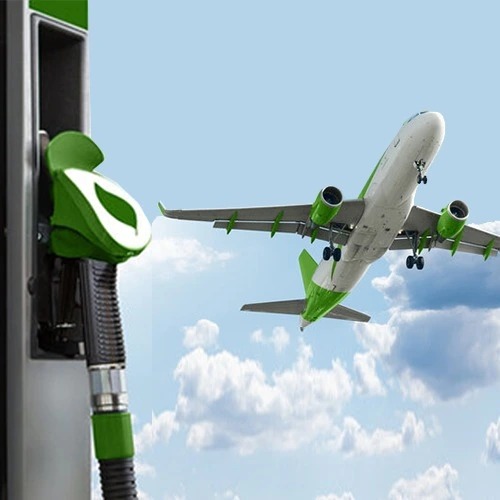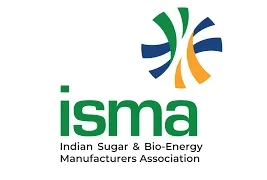Utilising sludge waste in the production of SAF

The aviation sector, despite contributing 2-3% of global emissions, faces pressure to decarbonize. The UK, with its large aviation network, is committed to reducing emissions. Sustainable Aviation Fuel (SAF) offers an immediate solution, cutting lifecycle emissions by 80% without requiring new aircraft or infrastructure, helping the industry progress toward its 2050 net-zero target.
Global transport systems are under huge pressure to decarbonise – aviation in particular.
So often the sector is held up as the villain of the climate change story, when in reality it makes up only around 2-3% of carbon emissions worldwide.
However, the negative public perceptions remain, and the industry is one of those most determined to transform itself for the sake of building long-term business sustainability and resilience.
With the third largest aviation network in the world, the UK has a particular need to take action and demonstrate its commitment to change.
The industry and its stakeholders have come to a mutual agreement on carbon reduction that points only one way – low-carbon liquid fuels or sustainable aviation fuel (SAF), as the short and medium-term answer to making substantial progress on cutting carbon emissions ahead of the 2050 targets for a net-zero aviation sector.
Typically, SAF emits 80% less carbon over their lifecycle compared with conventional jet fuels.
There is no need for expensive investment in new aircraft or new infrastructure, SAF is a plug-and-play solution for the industry.
Source Link : https://biofuels-news.com/news/15935/?v=f

















